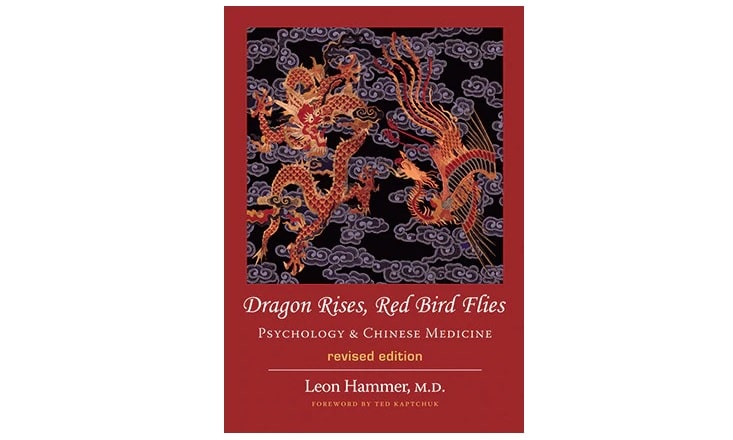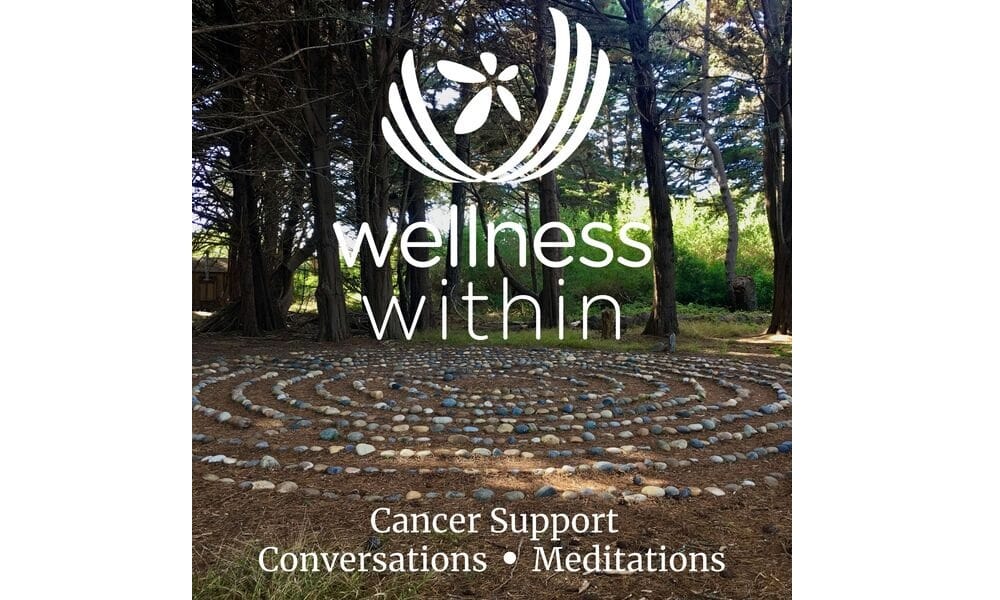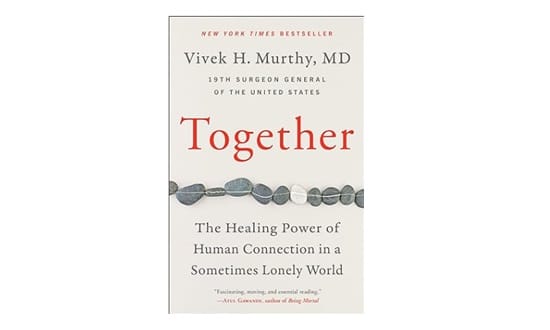Expert recommendations
Experts recognize the value of love and support in promoting wellness in general and reducing cancer. Learn more about the approaches and meanings of recommendations: Integrative Oncology Programs and Expert Guidelines ›
Recommendations from medical groups
2020 survivorship care guidelines recommend psychosocial support for people with neuropathic pain or chronic pain syndromes.
The 2009 guidelines for complementary therapies and botanicals recognize the value of social support by giving a Grade 1A rating to support groups and supportive/expressive therapy as part of a multidisciplinary approach to reduce anxiety, mood disturbance, chronic pain and improve quality of life. This is the strongest level of recommendation, meaning that in a review of quality evidence, the benefits outweigh the risks and the therapy can be applied to most patients in most circumstances without reservation.
Integrative programs, protocols and approaches
These published programs from integrative experts advocate Sharing Love and Support as a central part of your anticancer approach:
Lise Alschuler, ND, FABNO, and Karolyn Gazella
Alschuler LN, Gazella KA. The Definitive Guide to Thriving after Cancer: A Five-Step Integrative Plan to Reduce the Risk of Recurrence and Build Lifelong Health. Berkeley, California: Ten Speed Press. 2013.
Approaches are described for certain cancer types, or along with certain conventional therapy treatments, or for particular conditions such as insulin resistance.
These experts list social support as one of the five guidelines for cancer patients to find love, laughter and joy. “Seek out social support. Don’t underestimate the dangers of isolation.” Recommended for all cancer types.
Keith Block, MD
Block KI. Life over Cancer: The Block Center Program for Integrative Cancer Care. New York: Bantam Dell. 2009.
The integrative Block Program has recommendations to people who are at different places along the cancer continuum:
- Those who’ve been recently diagnosed
- Those in treatment
- Those who’ve concluded treatment and need to remain vigilant to prevent recurrence
Dr. Block’s integrative cancer treatment program teaches patients to individualize their mind-and-spirit care plan, including mobilizing social support. Recommended for all cancer types.
Lorenzo Cohen, PhD, and Alison Jefferies, MEd
Cohen L, Jefferies A. Anticancer Living: Transform Your Life and Health with the Mix of Six. New York: Viking. 2018.
This book introduces the concept of the Mix of Six, which is identical to six of our 7 Lifestyle Practices ›
Dr. Cohen and Ms. Jefferies explain that while each plays an independent role, the synergy created by all six factors can radically transform health, delay or prevent many cancers, support conventional treatments, and significantly improve quality of life.
Jeremy Geffen, MD
Geffen J. The Seven Levels of Healing. Audio CD – 2002
Geffen J. The Journey Through Cancer: An Oncologist’s Seven-Level Program for Healing and Transforming the Whole Person. New York, New York: Three Rivers Press. 2006.
The late, renowned integrative oncologist Jeremy Geffen, MD, developed a healing program based on what he calls The Seven Levels of Healing. It is a program of body, mind, heart, and spirit for healing and transforming the whole person.
Dr. Geffen described “Seven Levels of Healing” with “Connection with Others” near the top of the list.
Jeremy Geffen, MD, presents The Seven Levels of Healing at Cancer as a Turning Point Conference in Seattle, Washington in 2006.
Play videoBarbara MacDonald, ND, LAc
MacDonald B. The Breast Cancer Companion—A Complementary Care Manual: Third Edition. Self-published. 2016.
Naturopathic physician Barbara MacDonald provides information about breast cancer, its conventional treatment, and natural approaches to enhancing treatment, managing side effects, reducing risk of recurrence, and healthy living after cancer treatment is completed.
Neil McKinney, BSc, ND
McKinney N. Naturopathic Oncology, Fourth Edition. Victoria, BC, Canada: Liaison Press. 2020.
This book includes descriptions and uses of many natural and complementary protocols for cancer in general and for specific cancers. It also includes information on integrative support during conventional cancer treatment.
Ornish Diet and Lifestyle Modification Program (for prostate cancer)
Cardiologist Dean Ornish, MD, adapted his Lifestyle Medicine program for reversing heart disease for men with prostate cancer. A critical facet of that program is what Dr. Ornish calls “love and support.” Dr. Ornish says the heart of healing is “connection”, which includes increasing love and intimacy in our lives, group support, improving communication skills and fluent listening.
Physician, researcher, and CancerChoices advisor Dean Ornish, MD, explains how intimacy heals.
Play videoTraditional medicine
Traditional Chinese medical systems value the importance of connection with others and sharing love to support healing and wellness. Communitywide social healing rituals, passed down from generation to generation, are an example of how healing practices are embedded within the culture.1Liping, Du. Localised communities and mass healing practice: the case of Guangxi, China. Anthropology Open Journal. 2017; 2(2): 45-53.
Learn more about traditional medicine and how to find practitioners: Finding Integrative Oncologists and Other Professionals ›
Helpful links on Chinese medicine and social support
Expert commentary
The value of social support
Laura Pole, RN, MSN, OCNS: Some of the CancerChoices staff have worked on hundreds of week-long residential retreats for people with cancer. These retreats have made strikingly clear that being in community and support with others in similar circumstances—as well as going home and revving up social support systems—contributes to long-term, life-changing benefits. Mounting evidence supports this observation—see How can Sharing Love and Support help you? What the research says ›
We consider sharing love and support to be one of the key lifestyle factors that makes a difference in the lives of most people with cancer and those who care for them. We believe that a fully integrated cancer care plan must include social support.
CancerChoices Senior Clinical Consultant Laura Pole, RN, MSN, OCNS, introduces the healing power of sharing love and support.
Play videoCultural isolation considerations
From CancerChoices staff: Even those who have a personal support network can feel socially isolated if they are not within the same culture as their healthcare team. When a person living with cancer and their care professionals are not fluent in each other’s language, this can be a bigger challenge. Immigrants or those with impaired hearing may need translators and interpreters to feel connected to and supported by their team. Others who don’t fit the typical profile of a cancer patient, such as young adults or someone with a rare type of cancer, may feel the medical system and medical support structures don’t meet their needs. Finding a group of others “like me” can reduce feelings of isolation.2Rajagopal L, Liamputtong P, McBride KA. The lived experience of Australian women living with breast cancer: a meta-synthesis. Asian Pacific Journal of Cancer Prevention. 2019 Nov 1;20(11):3233-3249.
Helpful links
Author, clinical professor and CancerChoices advisor Rachel Naomi Remen, MD, shares the healing power of generous listening.
Play videoCommonweal co-founder Michael Lerner and CancerChoices advisor Brian Bouch, MD, discuss the healing power of love.
Play videoKeep reading
Sharing Love and Support
More Healing Practices
Learn more
References




